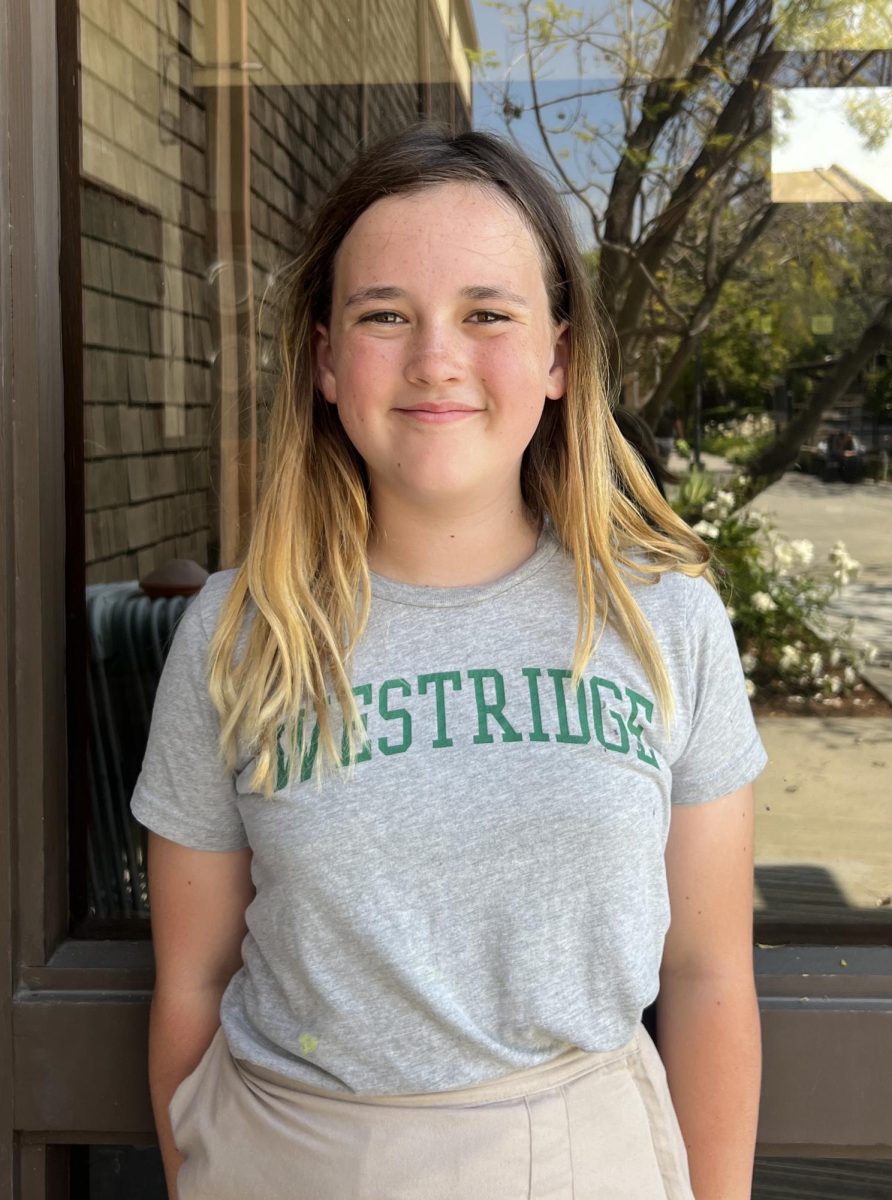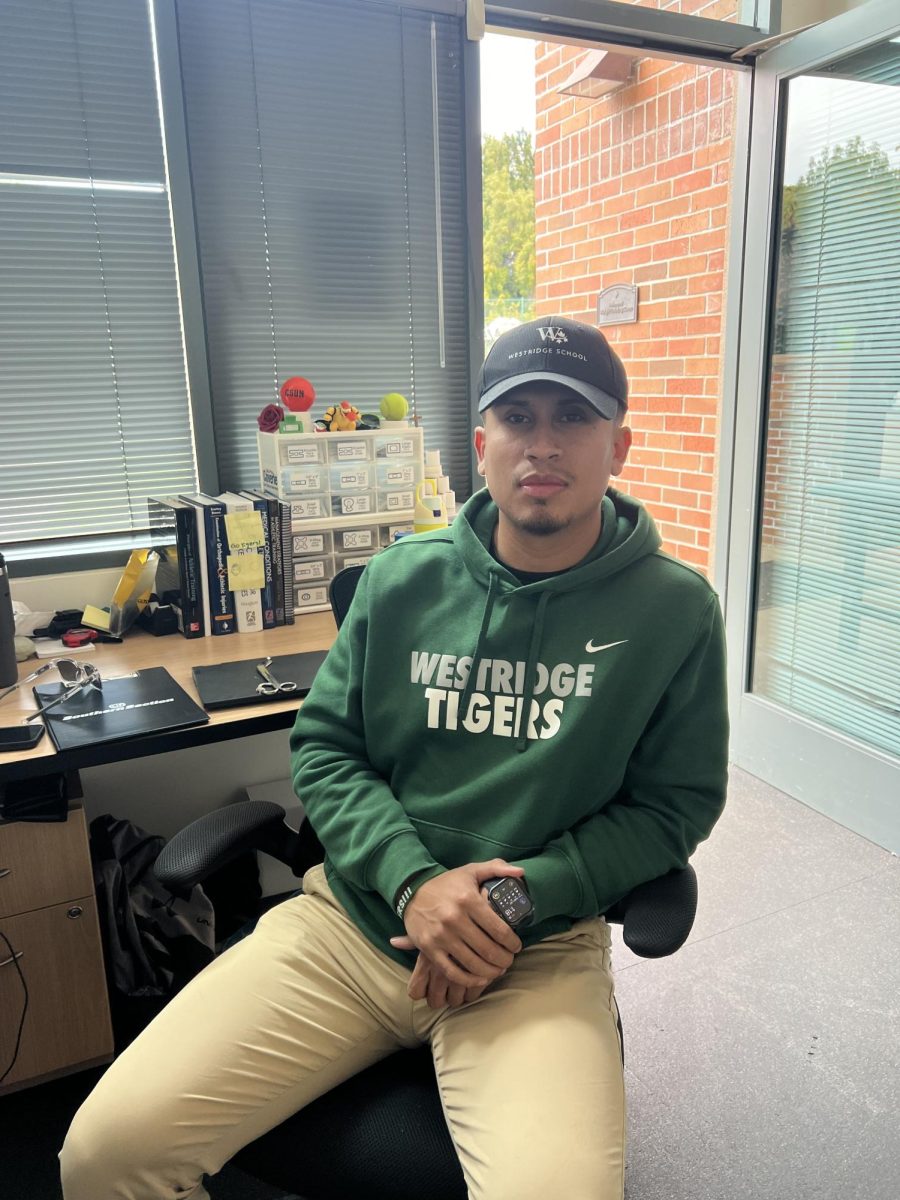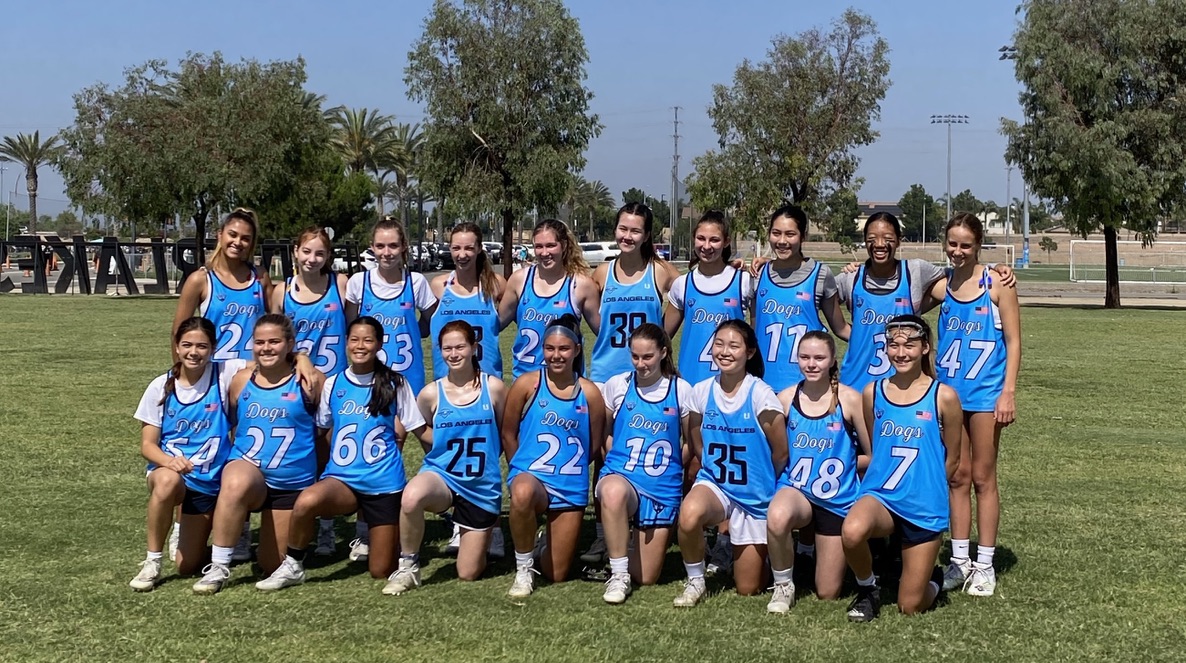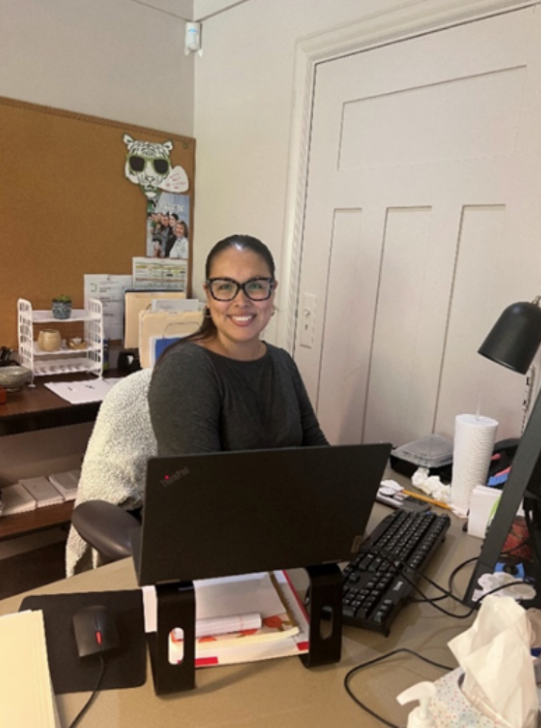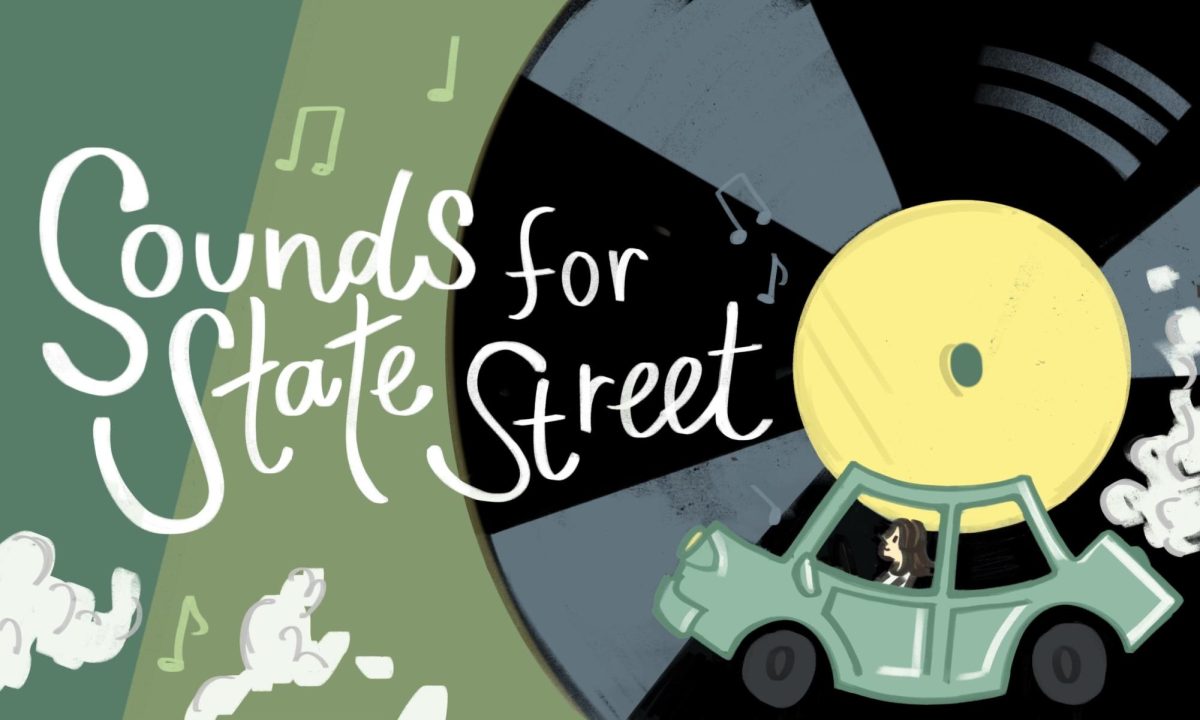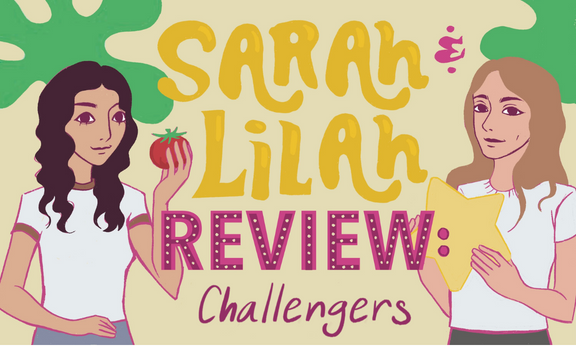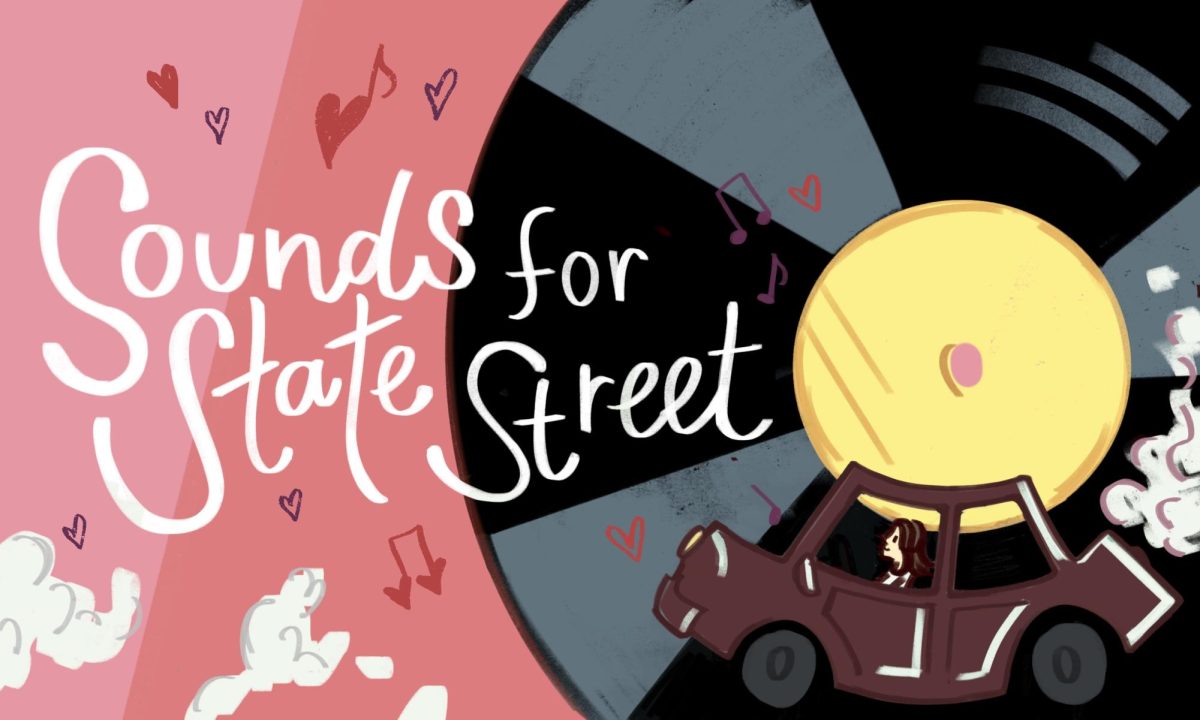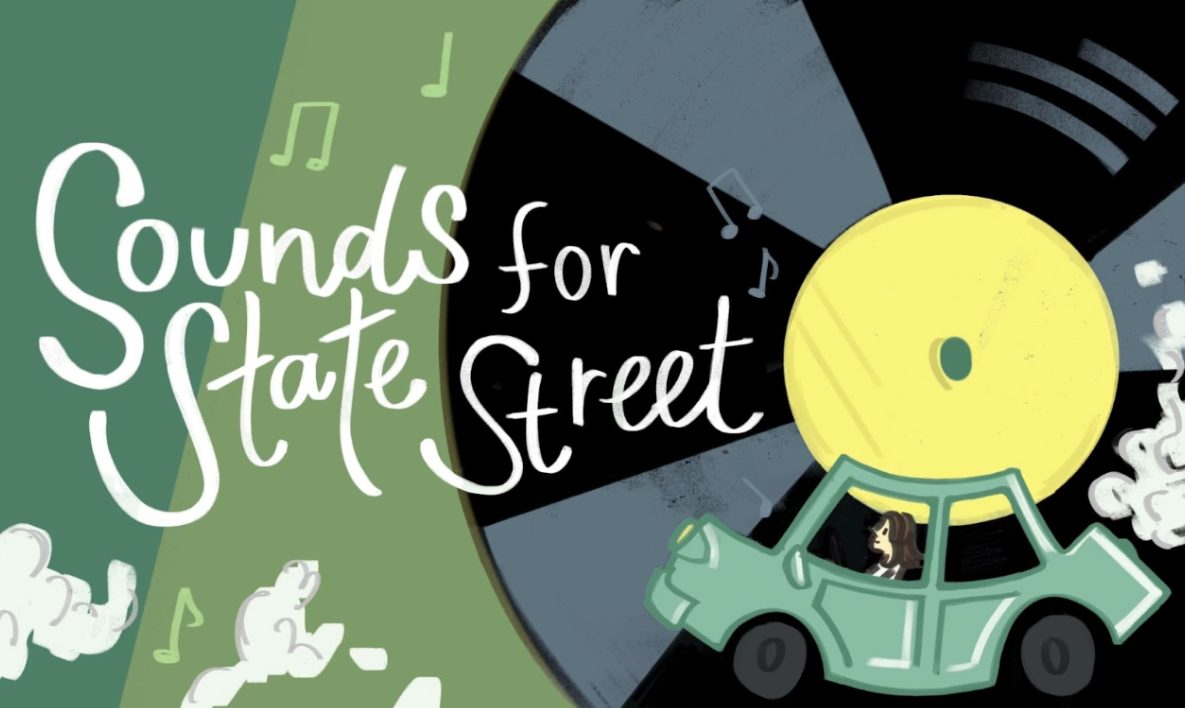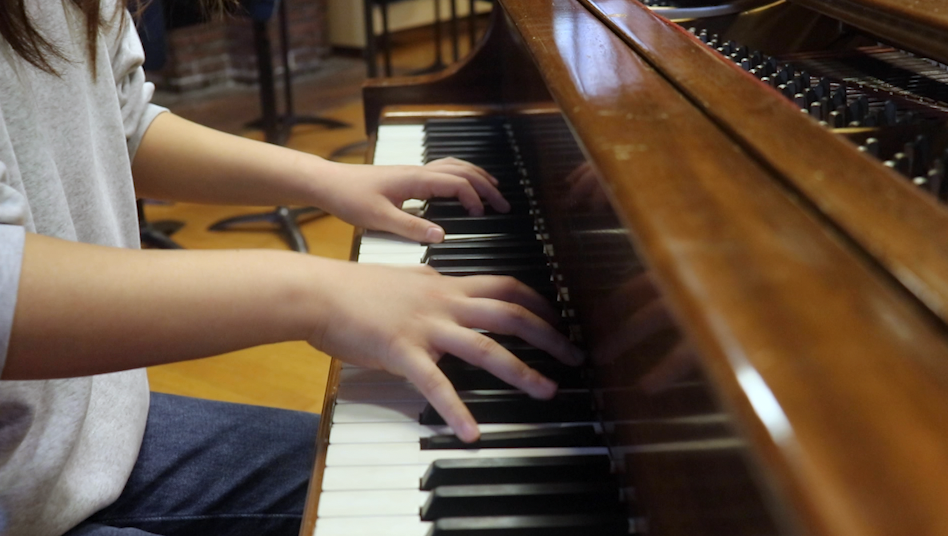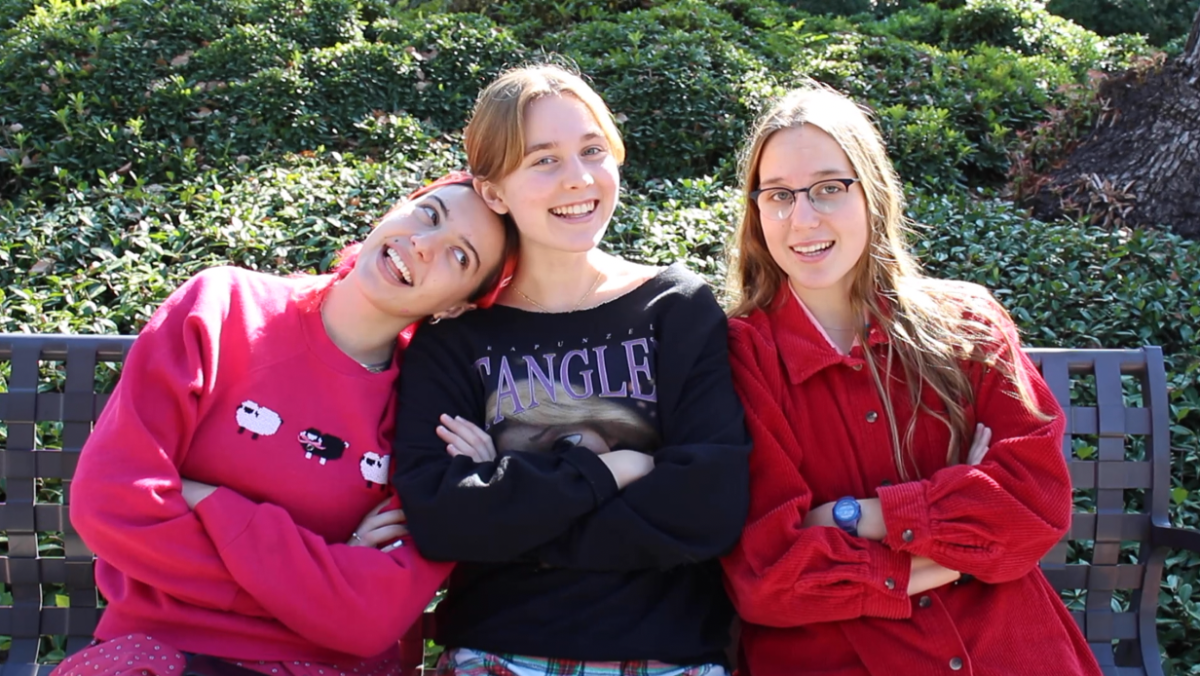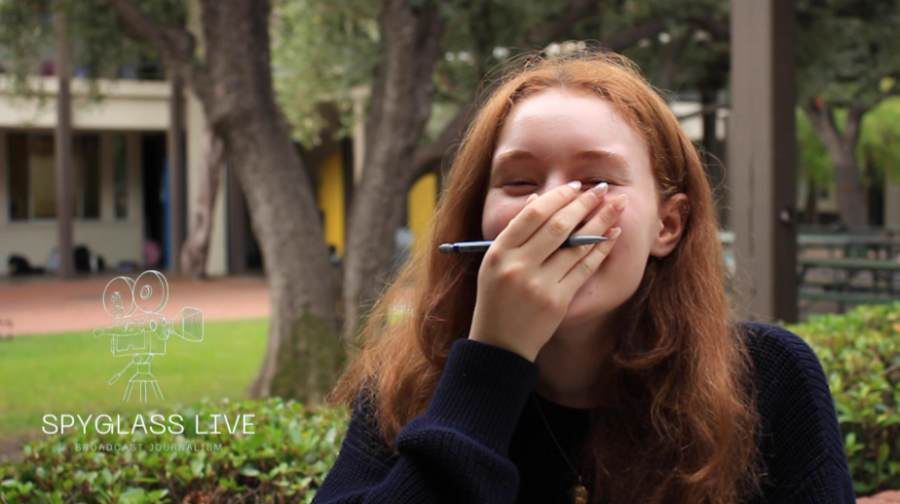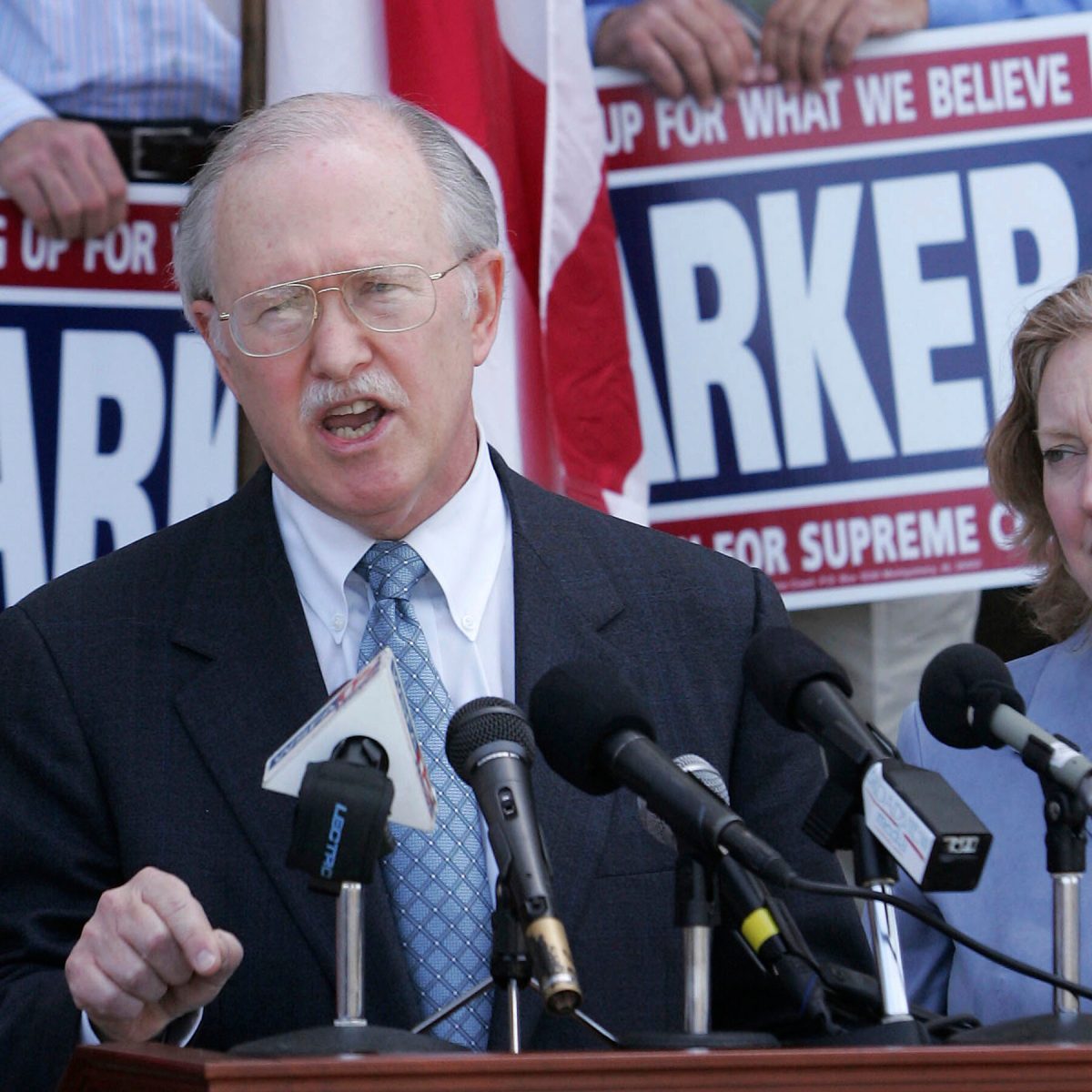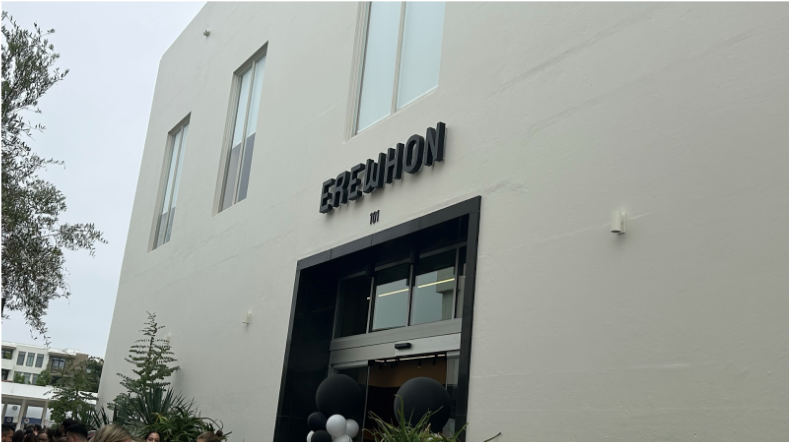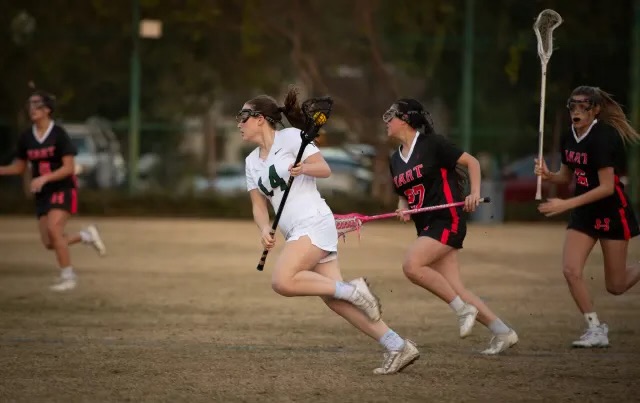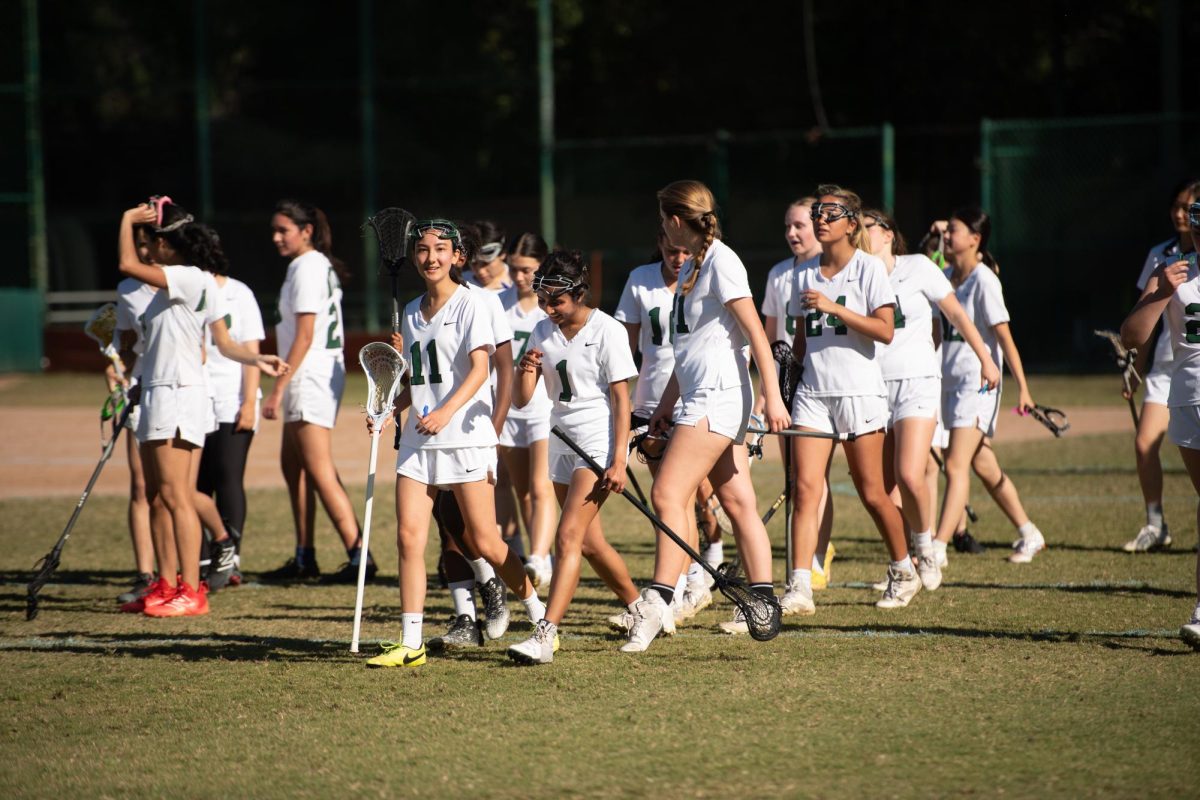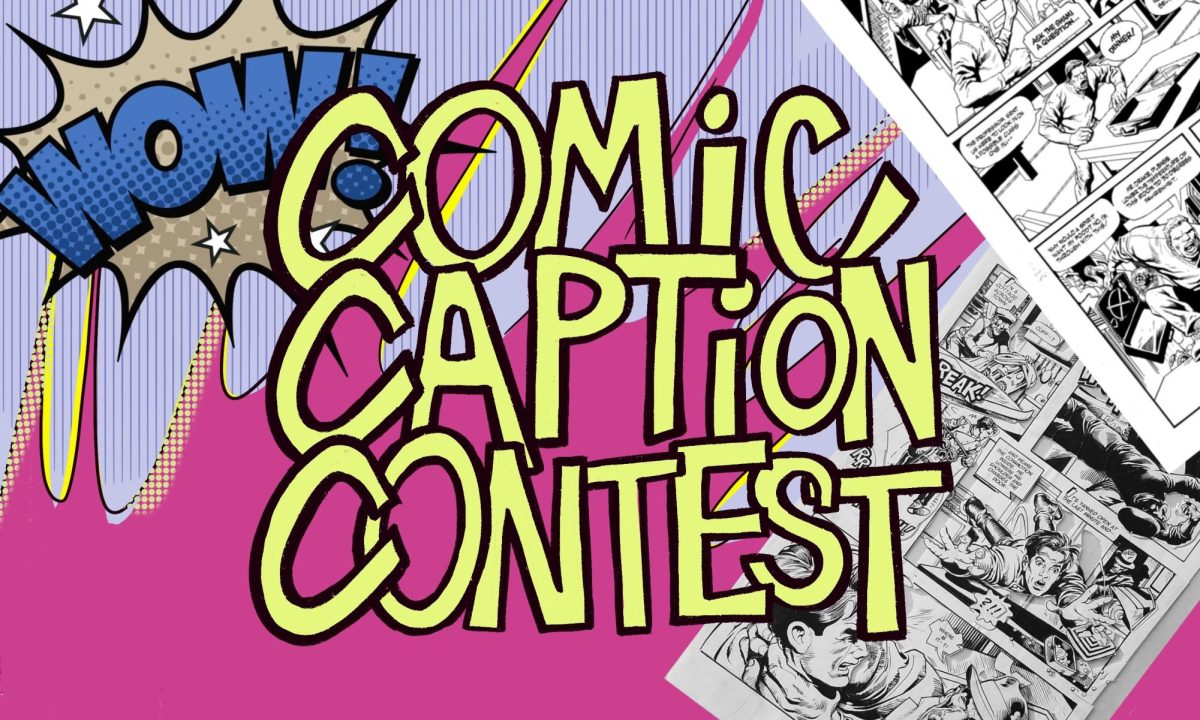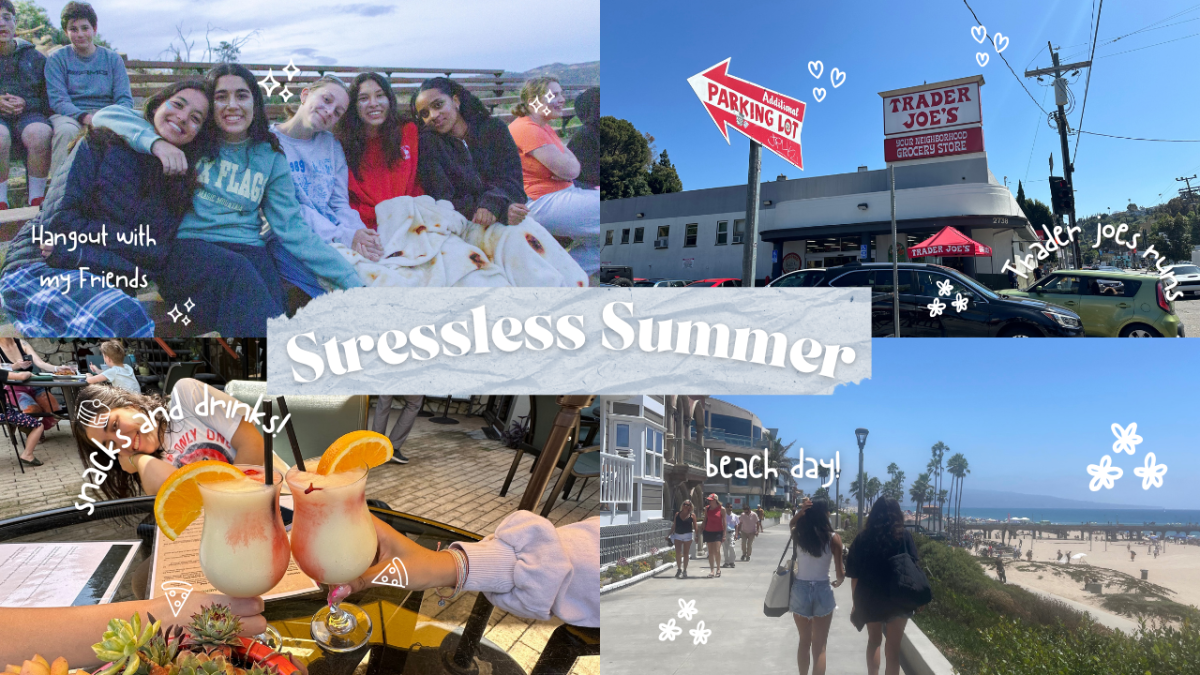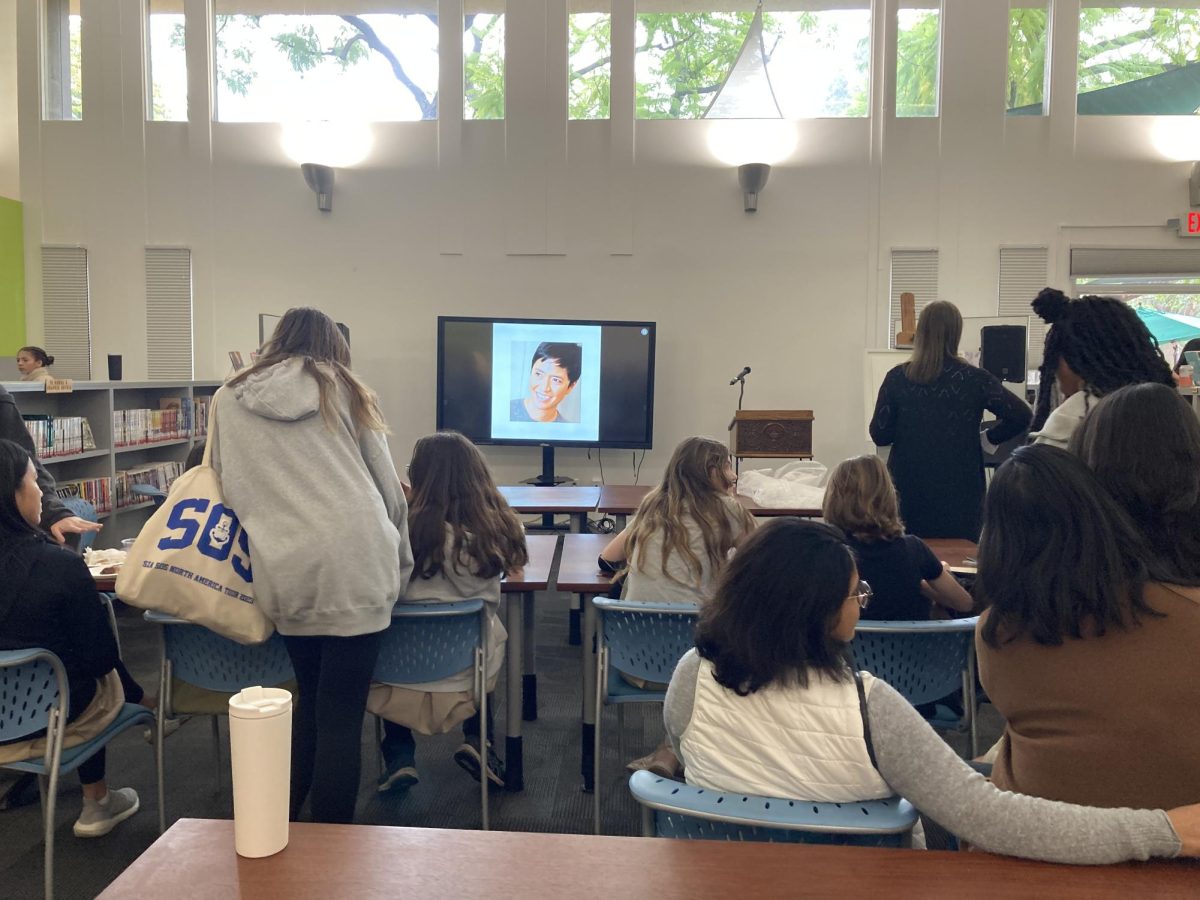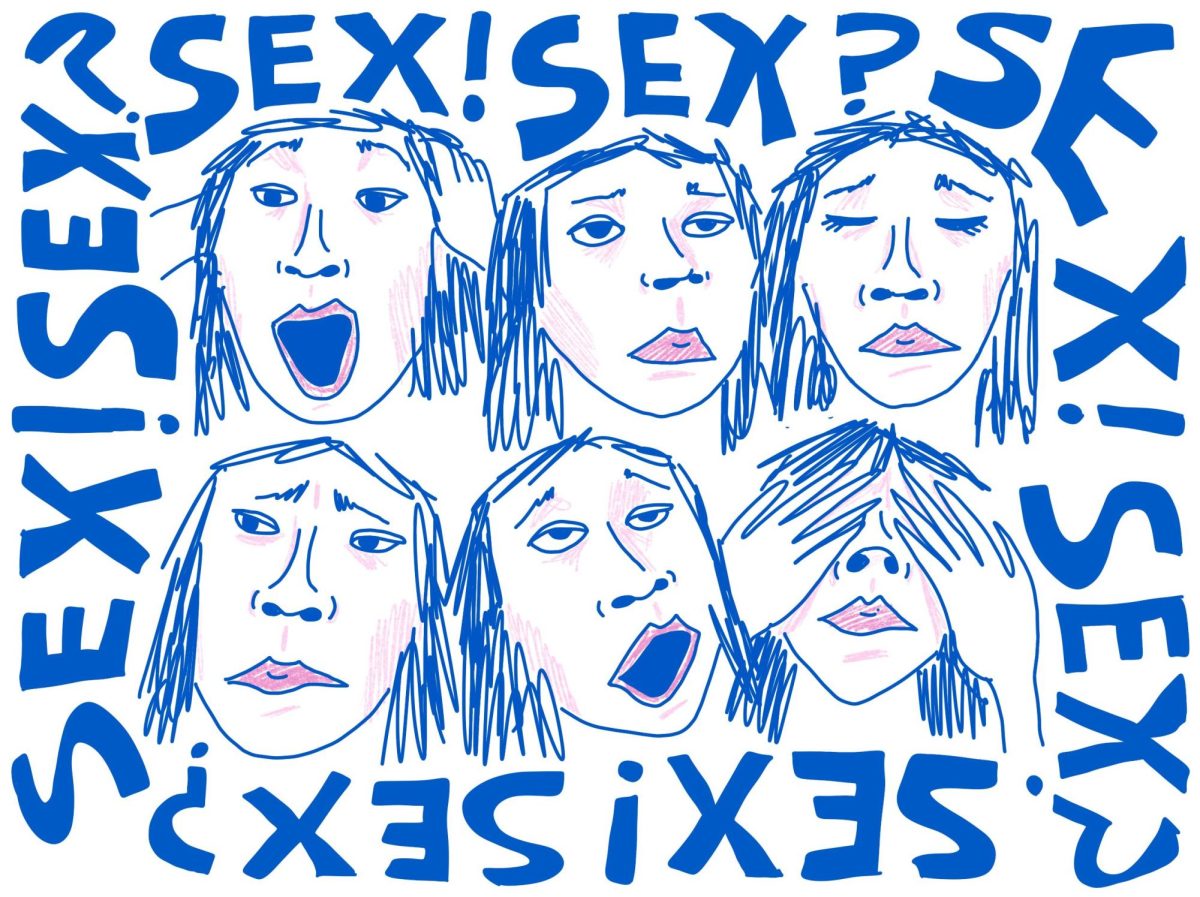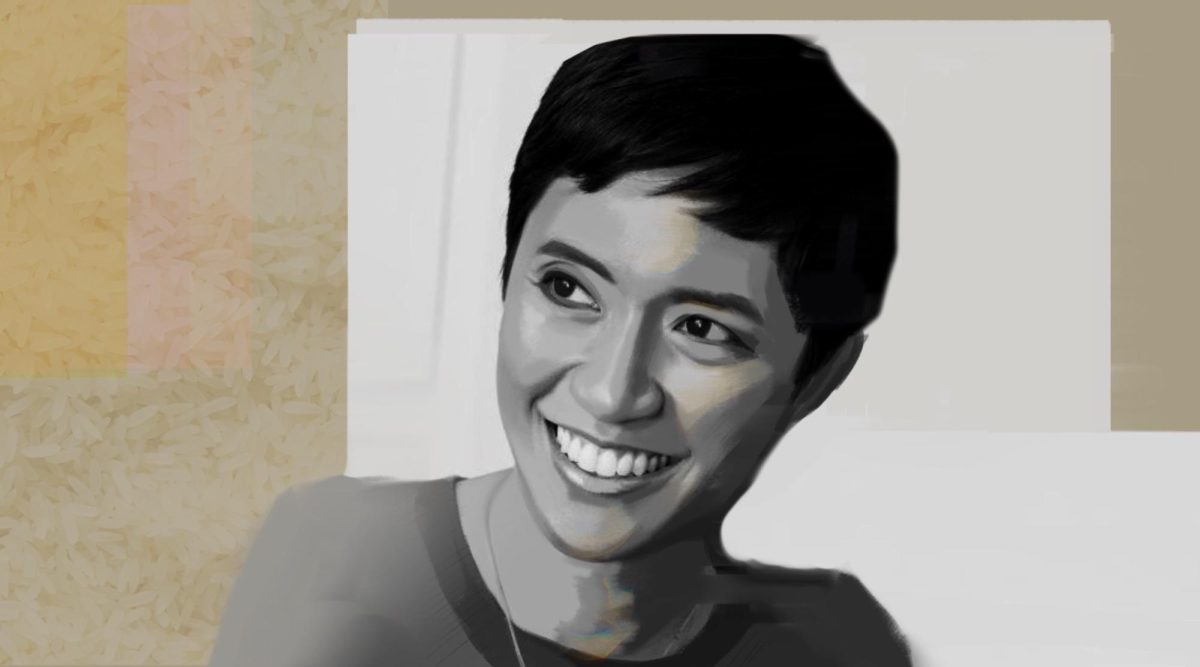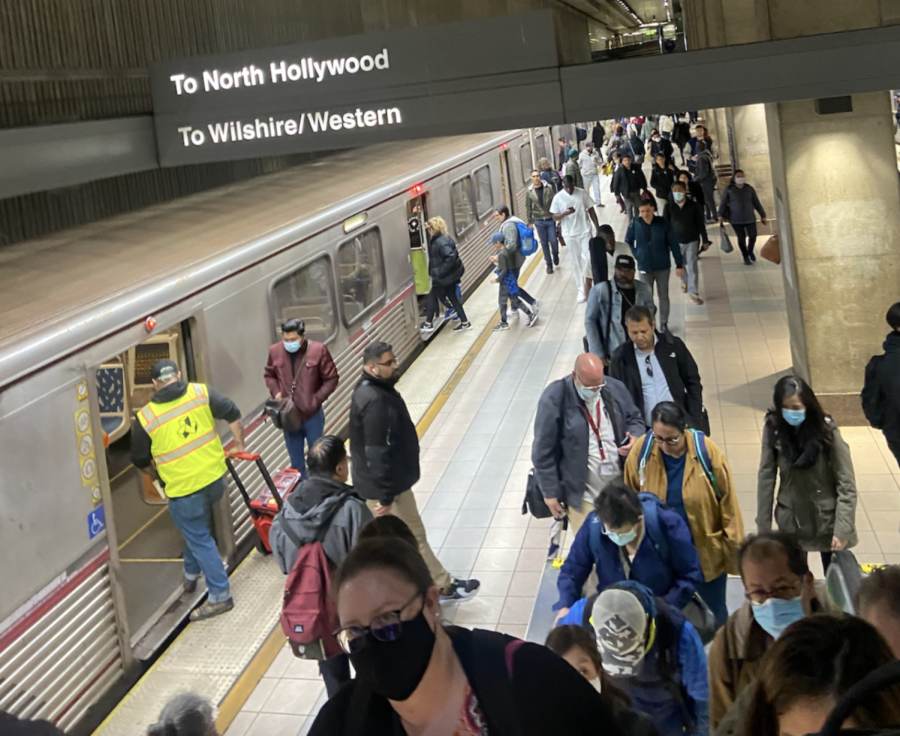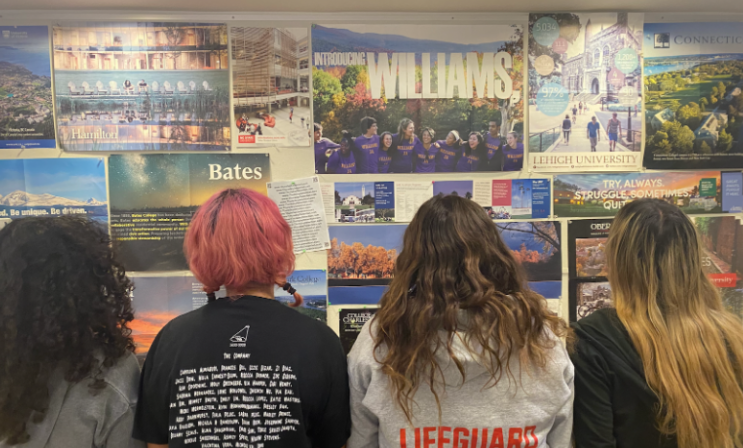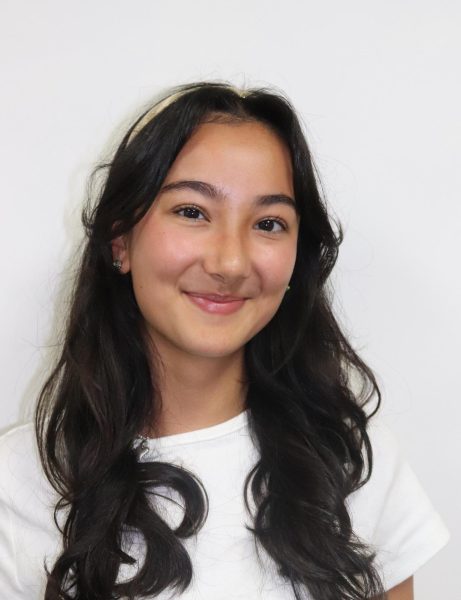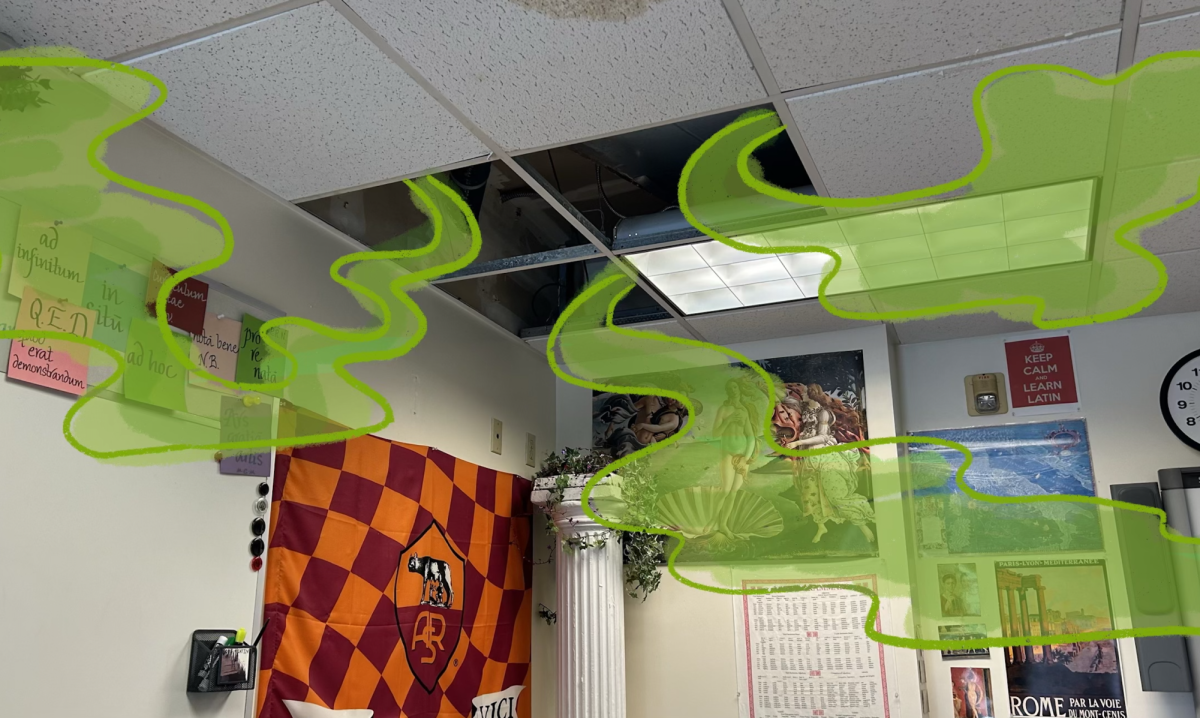On June 29, 2023, the United States Supreme Court effectively ended the consideration of race in college admissions, deeming the practice of affirmative action unlawful and unconstitutional. Historically, affirmative action was a means of paying reparations to marginalized groups by increasing opportunities for minorities. In college admissions, the practice of affirmative action allowed consideration of race or ethnicity when reviewing and accepting applicants.
In October of 2022, the Supreme Court began reviewing the 2014 Students for Fair Admissions case against Harvard University and The University of North Carolina. Students for Fair Admissions, a group of over 20,000 students and parents, protested that the consideration of race in an application was unconstitutional and benefitted certain minorities while harming others. The organization reviewed Harvard University’s admissions files from the years 2014-2019, interviewed past admissions officers, and concluded that although Asian Americans generally scored higher in their academics than other minority group applicants, they were regarded as less charismatic and received lower personal scores as a result.
Harvard University and the University of North Carolina at Chapel Hill have historically supported the practice of race-conscious admissions, which they believe is key to having a diverse set of students in their respective institutions. Since the Supreme Court’s decision to outlaw the consideration of race or ethnicity in college admissions, administrators at Harvard affirmed that they would comply with the ruling, but reinstated their beliefs that “diversity and difference are essential to academic excellence” and that they “must always be a place of opportunity, a place whose doors remain open to those to whom they had long been closed.”
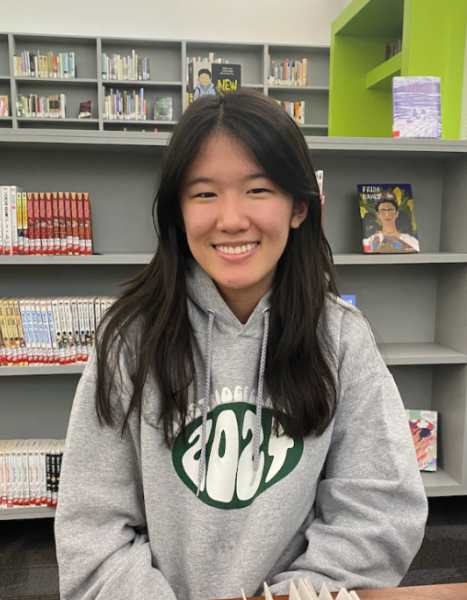
At the time of the Supreme Court’s decision to examine the Students for Fair Admissions case, the Westridge College Counseling team did not have a conclusive response as to how they would proceed with applications if the practice were to be banned. They did, however, possess prior familiarity with navigating the application process while adhering to California’s ban on considering race, ethnicity, or birth-assigned sex. With the recent nationwide ruling, Westridge College Counseling must tackle student applications with this verdict in mind—one that no longer just affects state-specific systems, like schools part of the University of California and California State University.
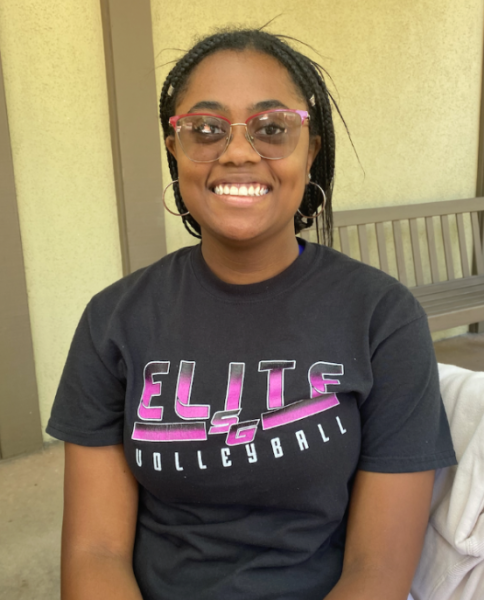
The College Counseling team at Westridge, which consists of Dr. Monique Eguavoen, Ms. Kathleen O’Reilly, and Ms. Marcie Robinson, wrote in their combined statement to Spyglass: “We will utilize our experience and established relationships to stay highly informed on the changing climate with institutions new to these policies and requirements. Throughout the college application process, students are encouraged to be reflective of their experiences. The Court ruled that colleges and universities can consider ‘an applicant’s discussion of how race affected his or her life, be it through discrimination, inspiration, or otherwise.’” They concluded, “Our goal as an office and College Counseling Team is to provide the utmost support and guidance to the students, families, and the communities we serve. Our commitment remains to help students share themselves and their story authentically through the application process.” Read the full statement here.
While some current Westridge upperclassmen actively consider the Supreme Court’s decision when crafting their college applications, others aren’t sure how to modify their applications. Referring to her experience strategizing with the College Counseling Team, Westridge senior Tanya W. ’24 said, “It’s hard because the counseling team told us that [the decision] is all new to them. In addition, [it is new for] the schools that we’re applying to, so, I guess for us, it’s kind of difficult to have a set strategy in response.”
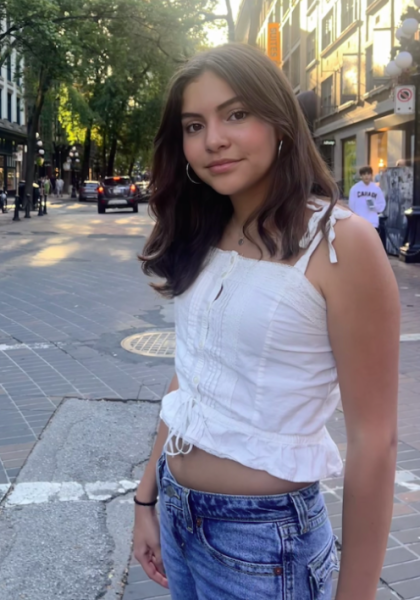
Westridge senior Erin L. ’24 commented similarly, “I’m just trying to get my applications done in the first place…” But she went on to say, “Now that [affirmative action is] banned basically, it just hit me now that…oh, that’s not a factor I can rely on.”
However, there are students who are beginning to rethink their approach to college applications. Adjusting her prospective application to the recent ruling, Kayla A. ’25 stated, “I’m definitely thinking of ways I can incorporate my culture as well as where I came from, and the experiences that my family held, into my application in order to convey who I really am.” Similarly, Fiona Z. ’25 added, “I think they might add more … supplementary essays that allow you to express your culture or your identity. And I really hope that happens because I also want to talk about my culture and my parents’ story with immigration.”
Given the recency of the Supreme Court’s decision, most students and advisors are hoping to discern the impact of the verdict through this year’s application cycle. Until then, seniors continue with the college season as juniors gear up for the following year.
Suggested Reading:
US Supreme Court Takes Up Affirmative Action and Race-Based Admissions
Supreme Court guts affirmative action, effectively ending race-conscious admissions
How will the Supreme Court’s affirmative action ruling affect colleges admissions?
Can college diversity survive the end of affirmative action?
What The End Of Affirmative Action Means For Colleges And Universities

![Many students at Westridge recognize the benefits of rewriting, but do it ultimately for a better grade. [When I revise] I get to make those changes and like, obviously, get a better grade, but also because Im learning more things, said Avin M. 27.](https://westridgespyglass.org/wp-content/uploads/2024/05/ElizaK-Rewrite-Policies-1200x750.jpg)
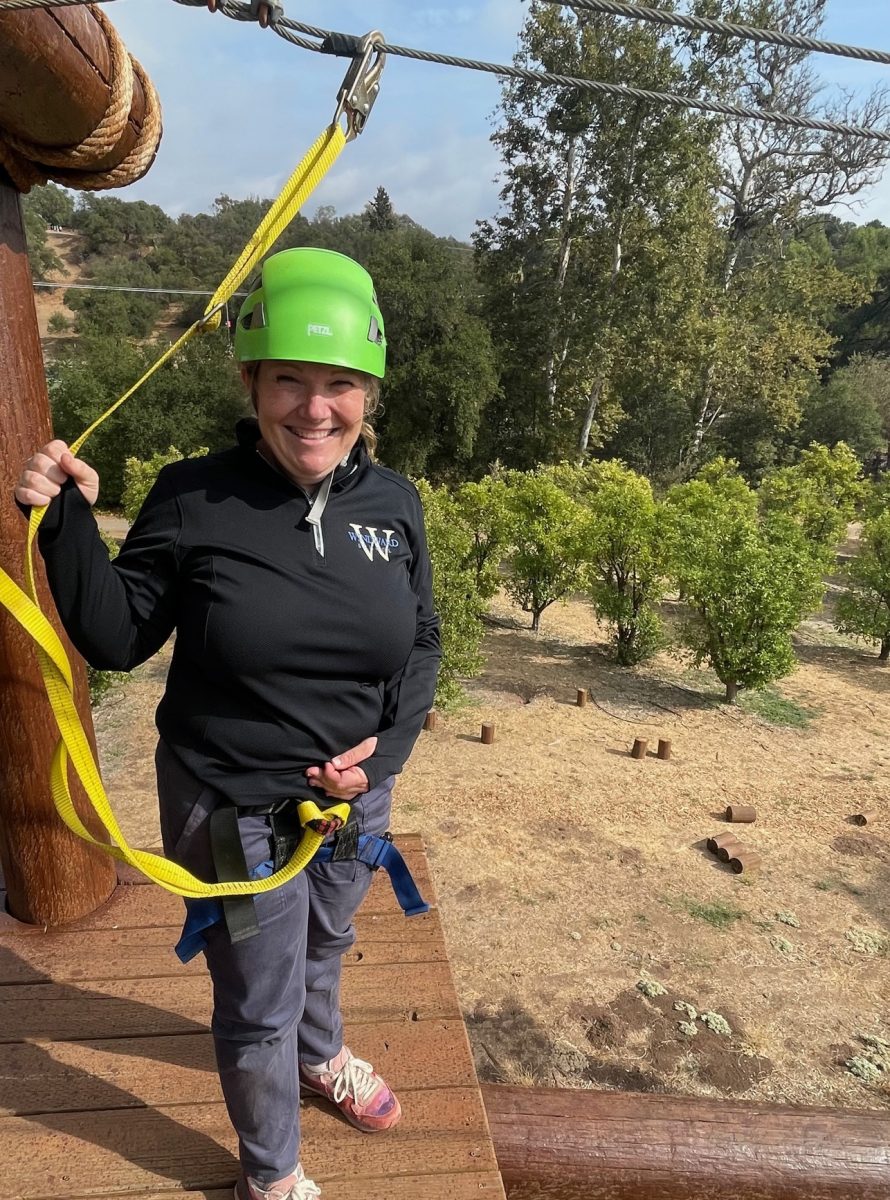

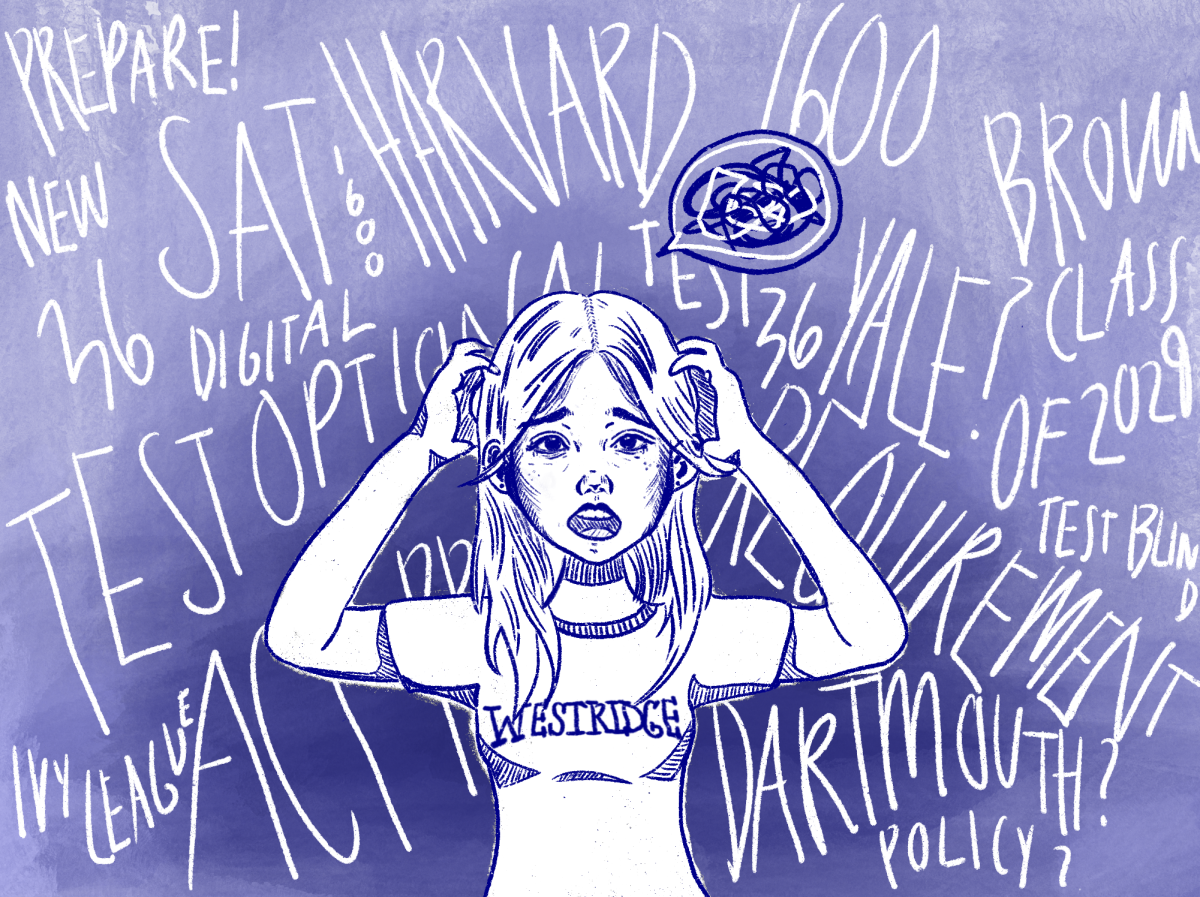
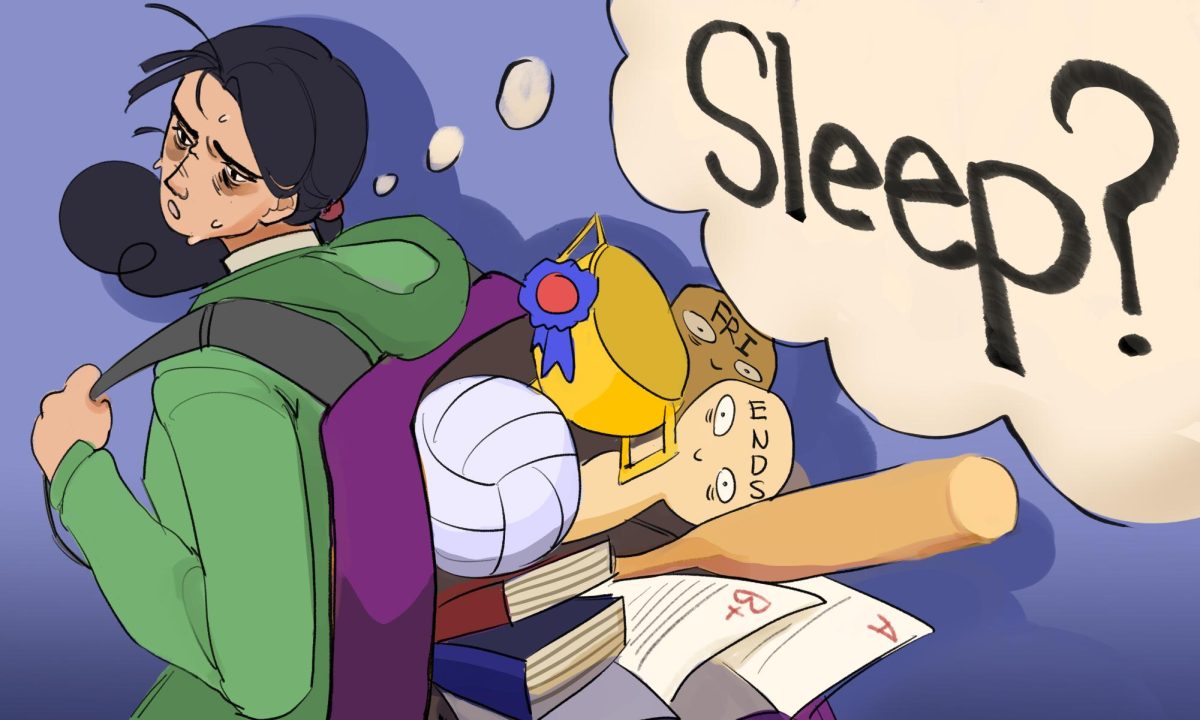
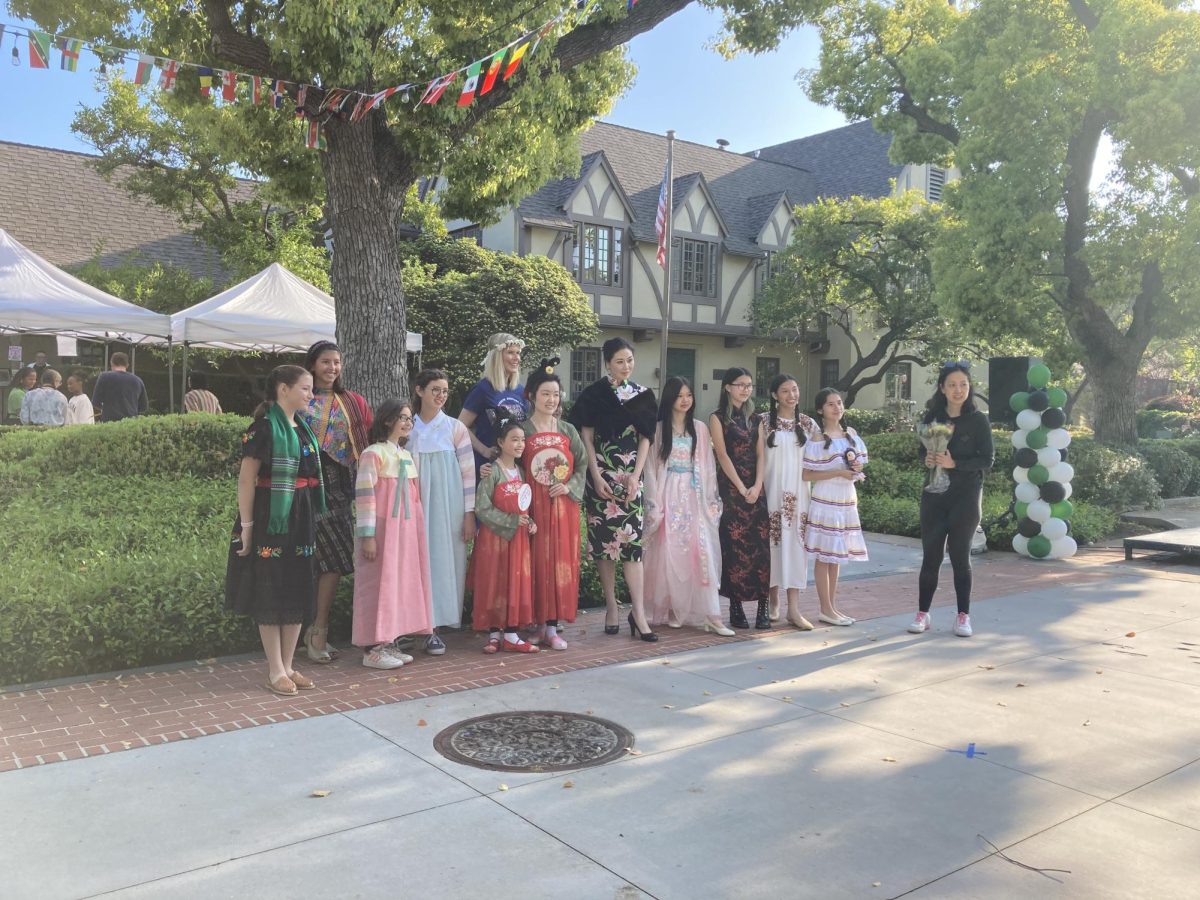
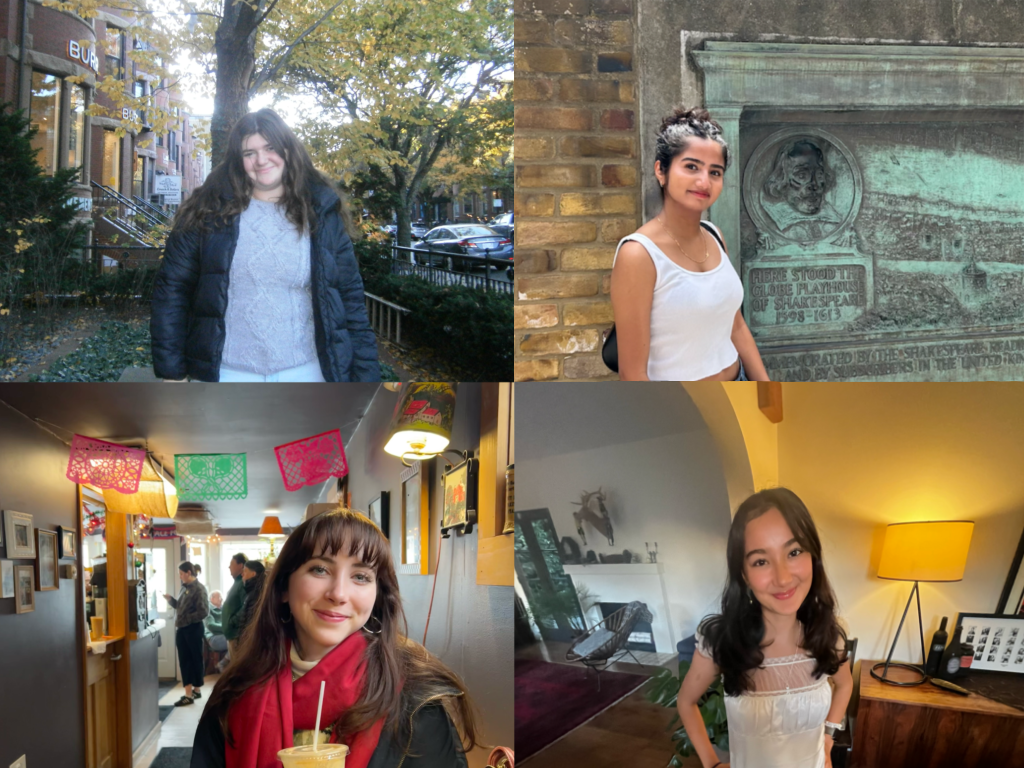
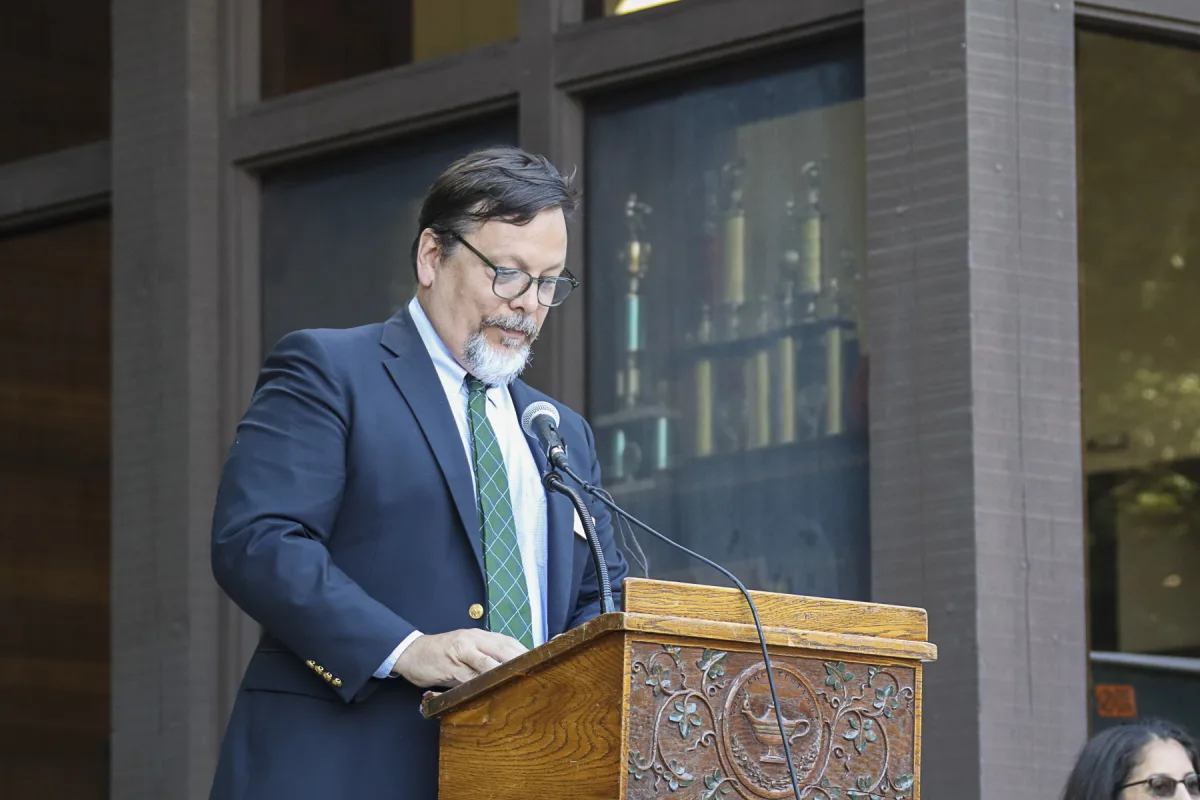
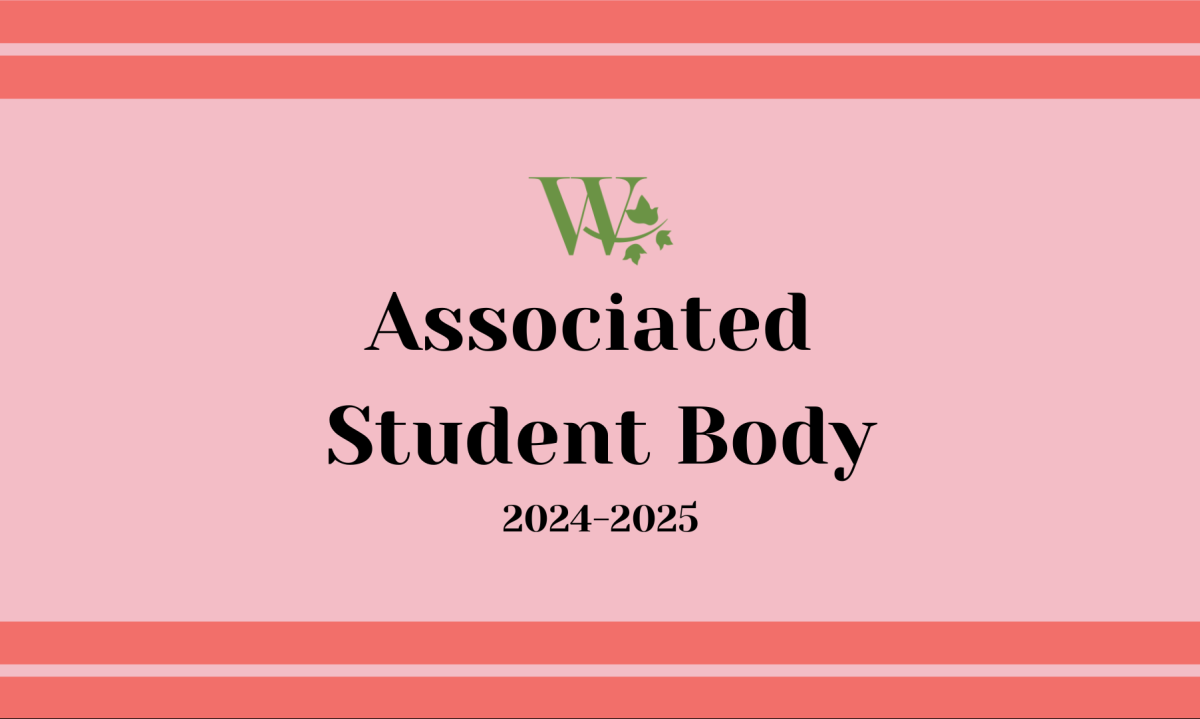
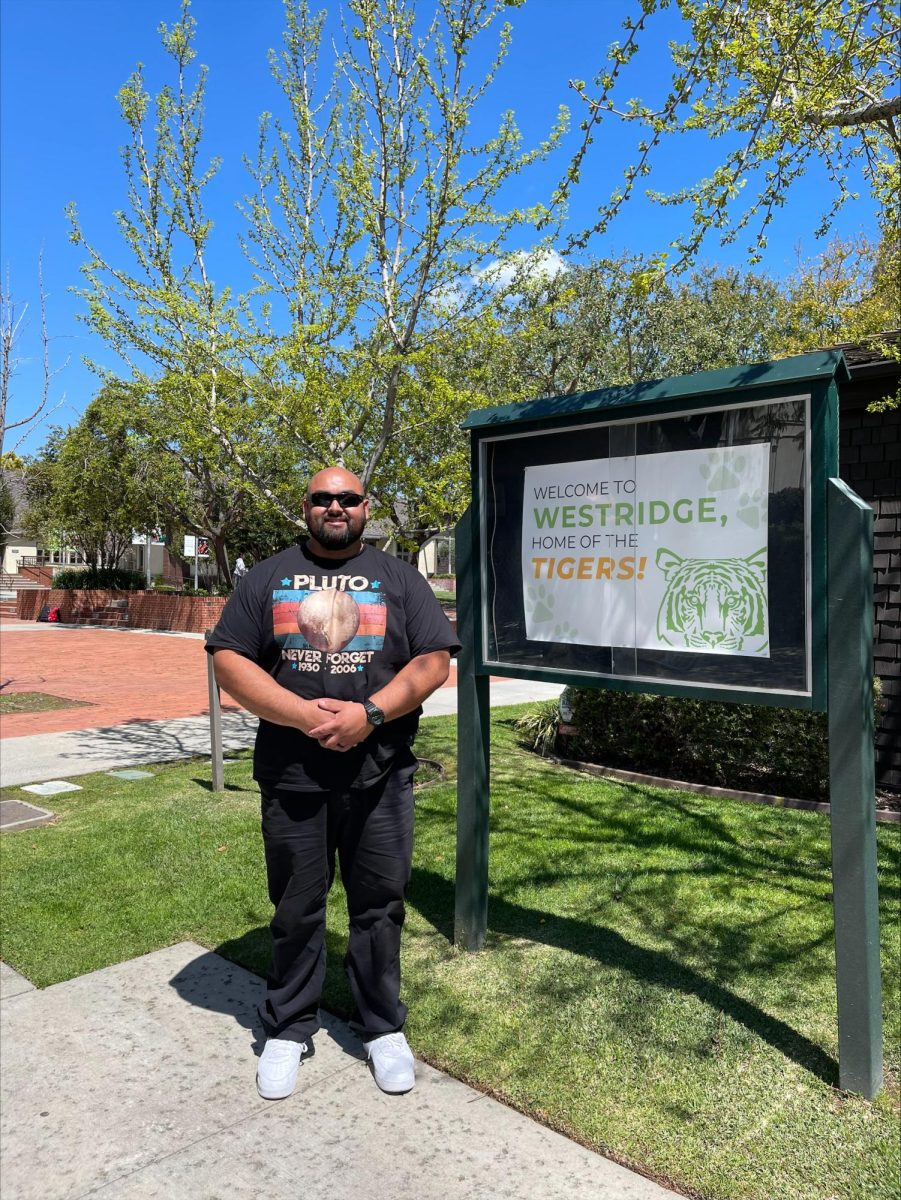
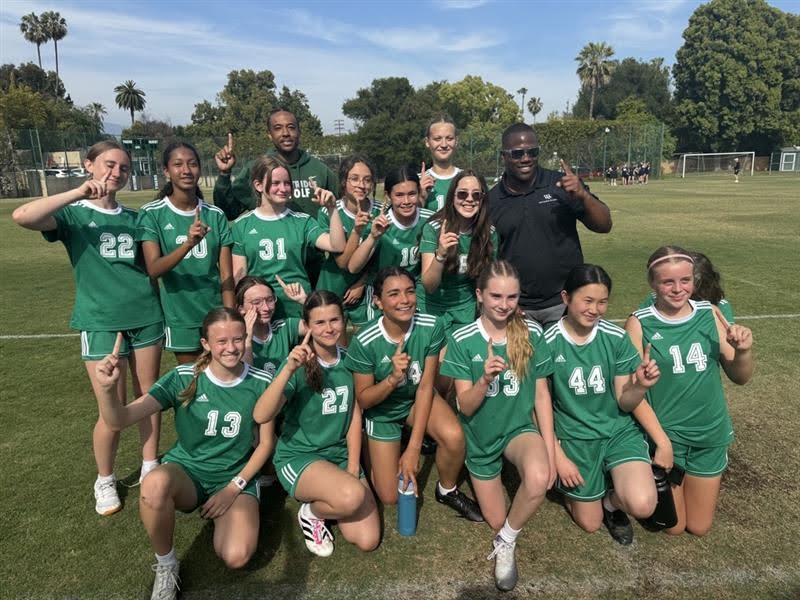




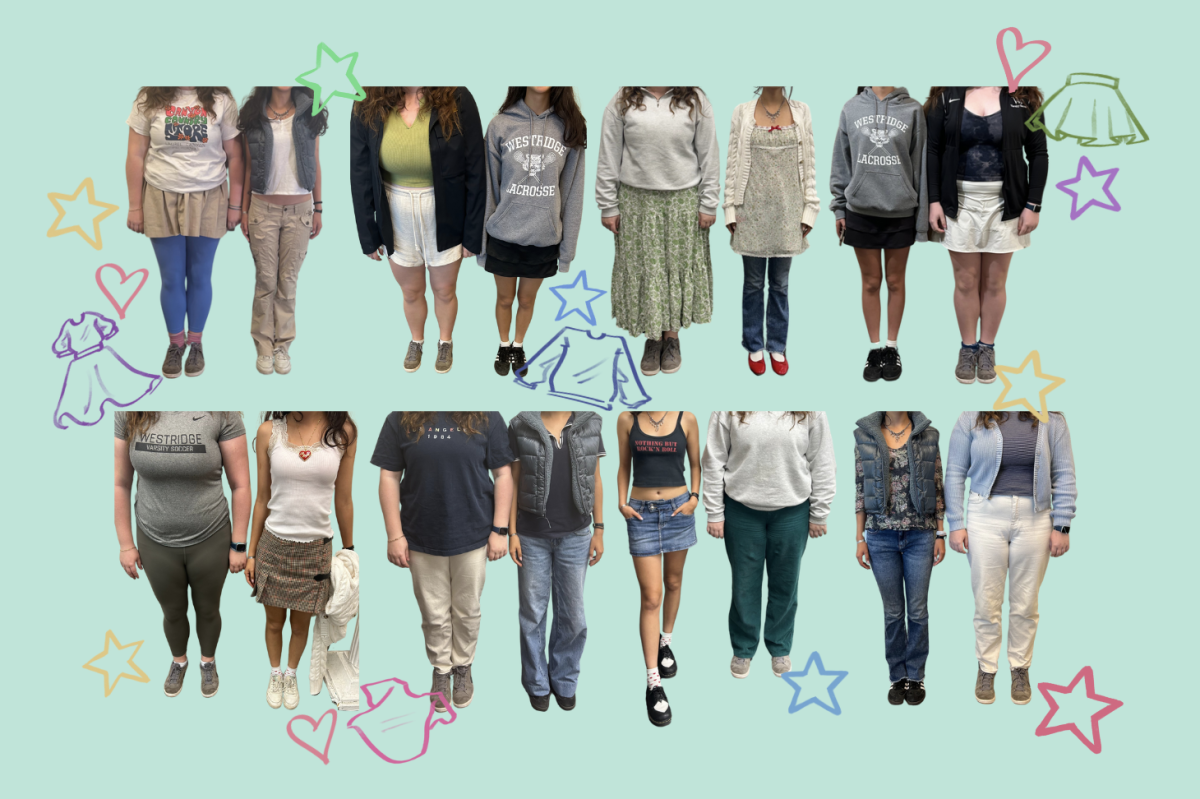


![[TTPD] has the more story-like poetic lyrics of folklore/evermore with her classic pop instrumental and production, so it feels very “her” to me. Like a culmination of everything she’s done to get to where she is now, comments Eliza L. 25](https://westridgespyglass.org/wp-content/uploads/2024/05/19swift-arrival-qfgw-articleLarge.jpg.webp)

